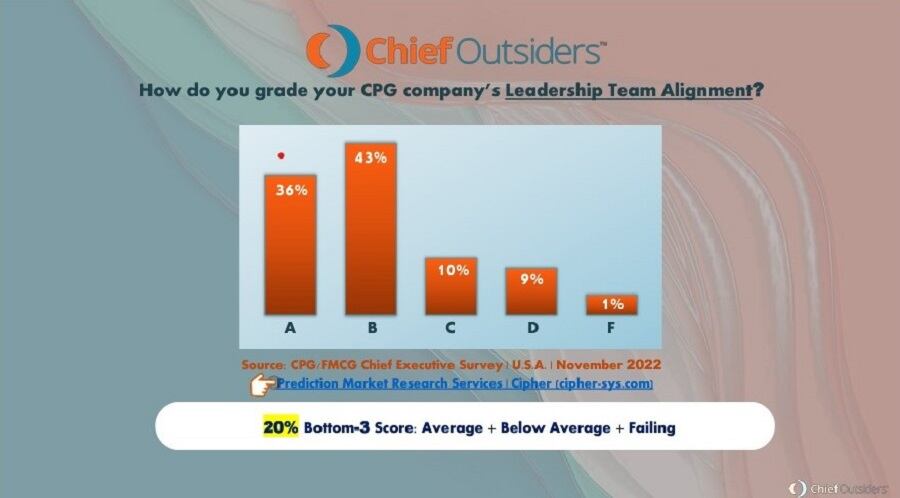Dipti Desai, founder/CEO, Crstl, explained that Crstl’s technical integrations with retailers (Walmart, Target, Costco, Wegmans, for example) help brands develop and grow an omnichannel sales strategy.
“Moving from DTC is a completely different set of mechanics in terms of selling to the customer compared to selling through retailers and distributors. It requires food and beverage companies to completely reimagine how they work with their suppliers, how to package their products, set up sales operations, set and scale up the supply chain and fulfillment, inventory, finance, etc.,” explained Desai.
Crstl’s application facilitates compliant transactions to retailers and distributors without brands having to use in-house developers to customize workflow.
“We make sure that the entire end to end workflow is automatically compliant and seamless,” she explained of Crstl taking the guesswork and engineering out of the transaction process. “This means automating complex processes like shipping where a brand receives a PO from the retailer, prints the shipping labels which include compliance details from distributors and retailers.”
What’s an EDI? And why do brands need it?
A critical feature of Crstl is that it’s a no-code Electronic Data Interchange (EDI), which is an automated, electronic communication system for sending information like purchase orders and invoices ordinarily sent via paper. Desai noted that the no-code aspect removes the coding and customization for retailers’ data connectivity.
Many retailers and distributors are either requiring food and beverage companies to migrate their systems to an EDI or incentivize brands to digitize transactions so payments can arrive much faster.
“What we’re offering from the perspective of a food and beverage company is very much a ‘must-have product.’ It’s not a discretionary or a nice to have product now or certainly in the future,” Desai added.
Many food and beverage companies are not building their own data connectivity layer required to set up transactions automatically and compliantly with retailers. Crstl’s software as a service (SaaS) application allows for any company to log without configuring connectivity, testing or onboarding work.
“All of the software and data pieces are no longer a primary focus,” Desai said. “Instead, Crstl builds the connectivity and onboarding for brands to do business with retailers.
Modern products for modern solutions
Crstl’s customers are varied from emerging to mature brands, yet Desai found that emerging to mid-sized brands are more frequent adopters. These brands are more likely run by Gen Z and Millennials who are more eager to use modern tools that evolve with their business.
As digitally savvy and native tech users, Millennials and Gen Z business owners have an expectation for these tools and products to help build new revenue streams in conjunction with their expanding businesses, while making the workflow easier and intuitive.
“In their daily life, they’re used to using modern products but often feel like when they’re at work they’re faced with archaic tools, which then means that their business processes can’t scale up or modernize.”
Regardless of company size, Crstl is designed to adapt to a brand’s evolution.
Desai explained, “It’s great that our product can help [companies] in all these different stages and graduate and evolve as their businesses evolve because primarily the network is what enables us to be relevant as they grow from one stage to the next.”
‘EDI is the standard mechanism of transaction with retailers and distributors’
While the industry has shifted to EDI which may intimidate business owners into learning or understanding its complexities, there is no need, Desai clarified. She adds that it's only necessary for brands to know that Crstl supports EDI, alleviating any pressure for understanding or creating codes.
“Part of where Crstl comes in is explaining that companies don’t have to know about the nuts and bolts of how it works; rather because the industry has shifted to EDI, brands can know that Crstl supports EDI because it’s the standard mechanism of transaction with retailers and distributors,” she explained.




